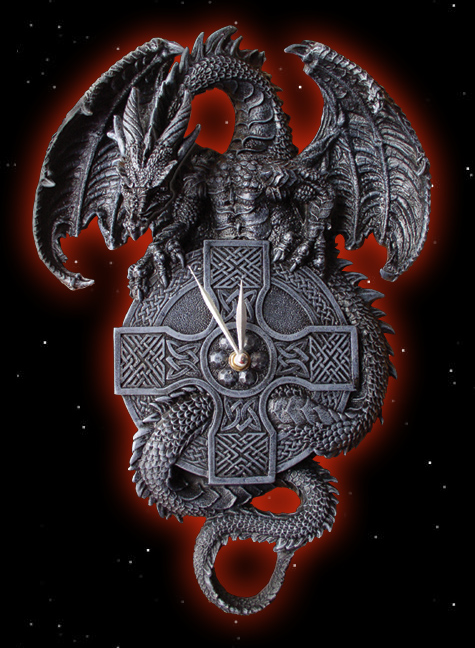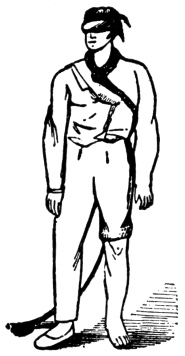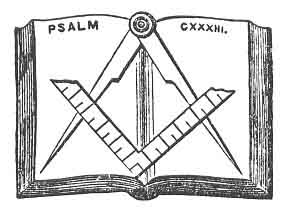p. 427
Second Part of the Code of the Illuminees
In the early stages of Illuminism the duration of the time of trial for the Novice was three years for those who were not eighteen years of age; two years for those between eighteen and twenty-four; and one year for those who were near thirty. 1 Circumstances have since occasionally caused the time to be abridged; but, whatever may be the dispositions of the Novice, though the time may be dispensed with, he must go through the different trials, or have got the start of them before he is admitted into the other degrees. During the interval he has no other superior but the Insinuator to whom he is indebted for his vocation, and during the whole time of the noviciate, the Insinuator is expressly forbidden to inform his pupil of any other member of the Order. This law was made to skreen the order from the dangers which might result from an indiscretion of the Novice, and to render the Insinuator alone responsible in such cases; for, should the Novice unfortunately be an indiscreet talker, the code expressly says, his imprudence would at most betray only one of the brethren. 2 The first lessons of the Insinuator (in future his teacher) treat entirely on the importance and the inviolability of the secrecy which is to be observed in Illuminism. He will begin by telling his Novice, “Silence and secresy are the very soul of the Order, and you will carefully observe this silence as well with those whom you may have only reason to suppose are already initiated, as with those whom you may hereafter know really to belong to the Order. You will remember, that it is a constant principle among us, that ingenuousness is only a virtue with respect to our superiors, but that distrust and reserve are the fundamental principles. You will never reveal to any person, at present or hereafter, the slightest circumstance relative to your admission into the order, the degree you have received, nor the time when admitted; in a word, you will never speak of any object relating to the order even before Brethren, without the strongest necessity.” 3
Under the restrictions of this severe law, one Illuminee will often be a stranger to another; and the Novice will see in this no more than a measure of safety for the order, which might be ruined by the least indiscretion. 4
More certainly to assure himself of the discretion of the Novice, the Insinuator will give him no further insight, nor entrust him with any writing
p. 428
relative to the order, until he has obtained the following declaration: “I, the undersigned, promise upon my honour, and without any reservation, never to reveal either by words, signs, or actions, or in any possible manner, to any person whatever, either relations, allies, or most intimate friends, any thing that shall be entrusted to me by my Introducer relative to my entrance into a secret society; and this whether my reception shall take place or not. I subject myself the more willingly to this secresy, as my Introducer assures me that nothing is ever transacted in this society hurtful to religion, morals, or the state. With respect to all writings which I may be entrusted with, any letters which I may receive concerning the same object, I engage myself to return them, after having made for my sole use the necessary extracts.” 5
These writings or books relative to the order are only lent to the Novice at first in small numbers, and for a short time; and then he must promise to keep them out of the reach of the prophane; but as he is promoted in rank, he may preserve them for a longer time, and is intrusted with a larger quantity; though not without having informed the Order of the precautions he shall have taken, lest in case of his death any of these writings should fall into prophane hands. 6 He will afterwards learn, that the Brotherhood take many other precautions for secresy, not only respecting the statutes, but even with regard to the very existence of the Order. He will see, for example, in its laws, that should any of the brotherhood fall sick, the other brethren are assiduously to visit him, in the first place to fortify him, that is to say, to hinder him from making any declarations at the hour of his death; and secondly, to carry away whatever writings relative to the Order the sick man may have had in his possession, as soon as any symptoms of danger appear. 7

Moe is the founder of GnosticWarrior.com. He is a father, husband, author, martial arts black belt, and an expert in Gnosticism, the occult, and esotericism.




